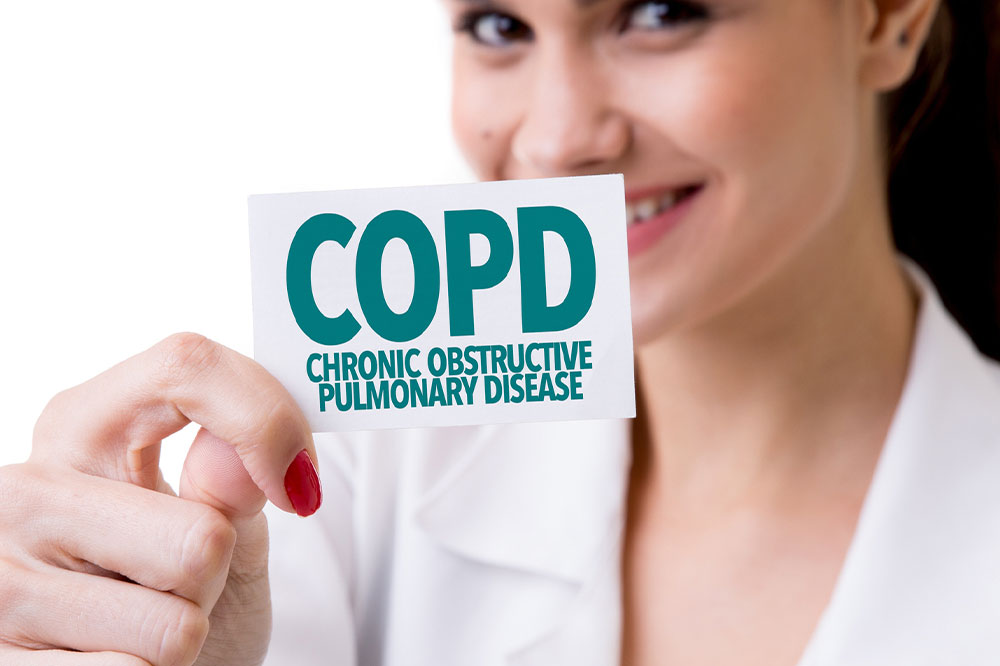Comprehensive Guide to Understanding and Managing COPD
This comprehensive guide explains COPD, its types, causes, symptoms, diagnosis, and management strategies. Early intervention and lifestyle changes can significantly improve quality of life for those affected by this progressive lung disease. Learn about effective treatments and natural remedies to control symptoms and slow disease progression.
Sponsored

Living with a long-term lung condition can be overwhelming, affecting both physical health and mental well-being. Chronic Obstructive Pulmonary Disease (COPD) impacts around 65 million people globally, including about 12 million adults in the United States. It encompasses a group of progressive lung diseases such as emphysema, chronic bronchitis, and refractory asthma. Although incurable, early diagnosis and proper management help individuals live better with COPD.
Understanding the three main conditions under COPD—emphysema, chronic bronchitis, and refractory asthma—is vital for effective control. These conditions interfere with daily activities, making life more challenging.
Emphysema
Results from damage to alveoli—the tiny air sacs in the lungs—leading to merged air spaces and reduced oxygen absorption. Damaged alveoli cause lungs to lose elasticity, trapping air and causing shortness of breath.
Chronic bronchitis
Occurs when the bronchial tubes become inflamed and swollen, leading to persistent cough and mucus buildup. When coughs last over three months in two consecutive years, it is diagnosed as chronic bronchitis. Cilia—tiny hair-like structures—are damaged in this condition, impairing mucus clearance and perpetuating cough and congestion.
Refractory asthma
This form of asthma does not respond well to standard treatments, making it difficult to control and increasing the risk of severe symptoms.
Major causes of COPD include:
Smoking
The leading cause, especially with tobacco use and inhaling smoke from cigars or other products.
Air pollution and chemical fumes
Regular exposure to pollutants, dust, or toxic substances at work raises risk.
Secondhand smoke
Living with smokers significantly increases COPD risk, even without personal smoking habits.
Genetics
Conditions like alpha-1 antitrypsin deficiency can predispose individuals to severe COPD.
Untreated asthma
Long-term unmanaged asthma may lead to COPD development.
Common symptoms include persistent cough with mucus, chest tightness, wheezing, shortness of breath, blueness of lips, morning mucus clearing, frequent infections, fatigue, swelling in limbs, and mucus-expecting coughs. Early diagnosis involves lung function tests, X-rays, CT scans, and blood gas analysis. Treatment options include quitting smoking, medications (inhalers, steroids, antibiotics), oxygen therapy, and surgery in severe cases. Lifestyle adjustments like breathing exercises, nutritious diet, staying hydrated, and regular activity aid overall management. Always consult healthcare professionals for personalized advice and treatment plans.






